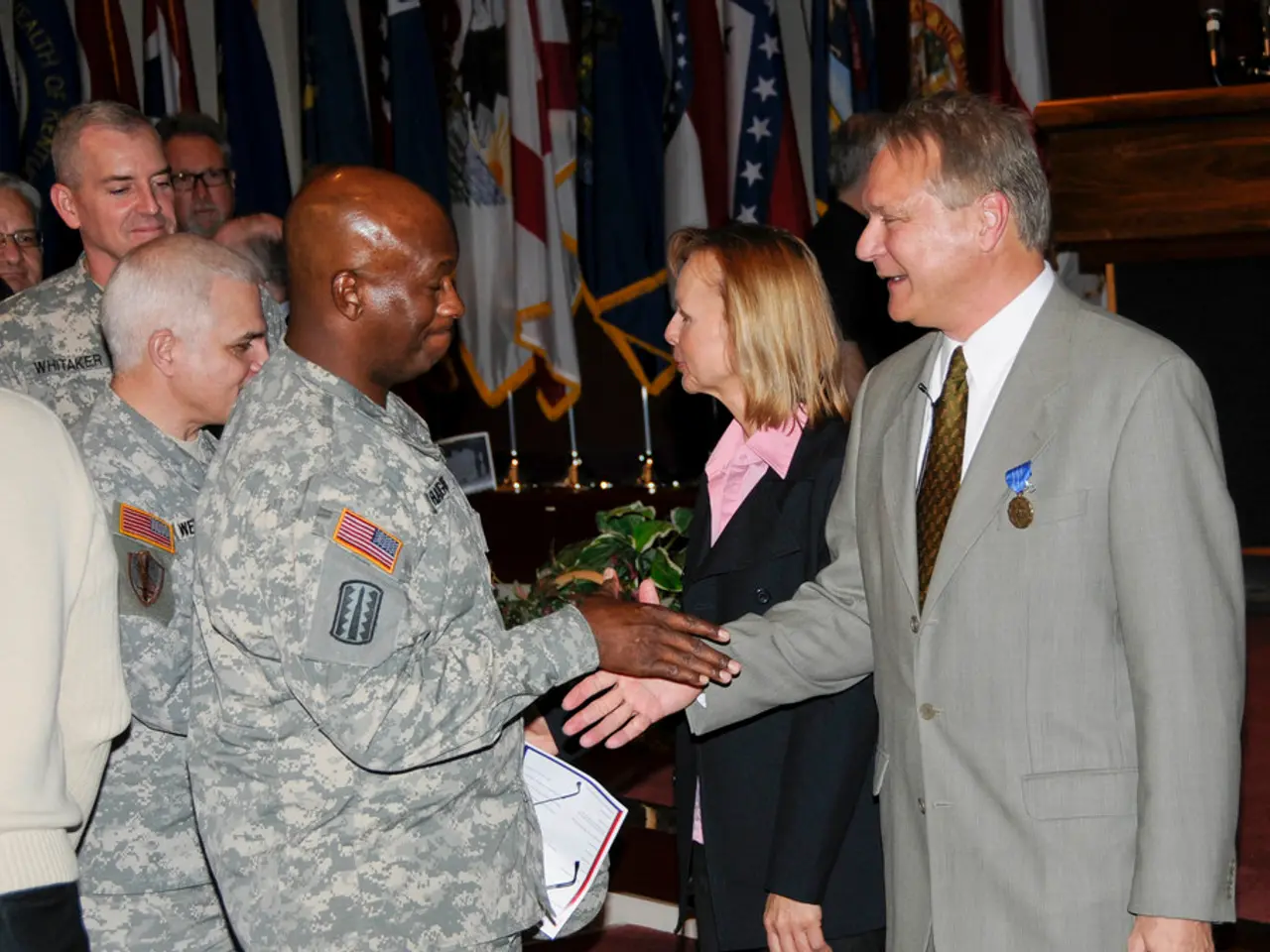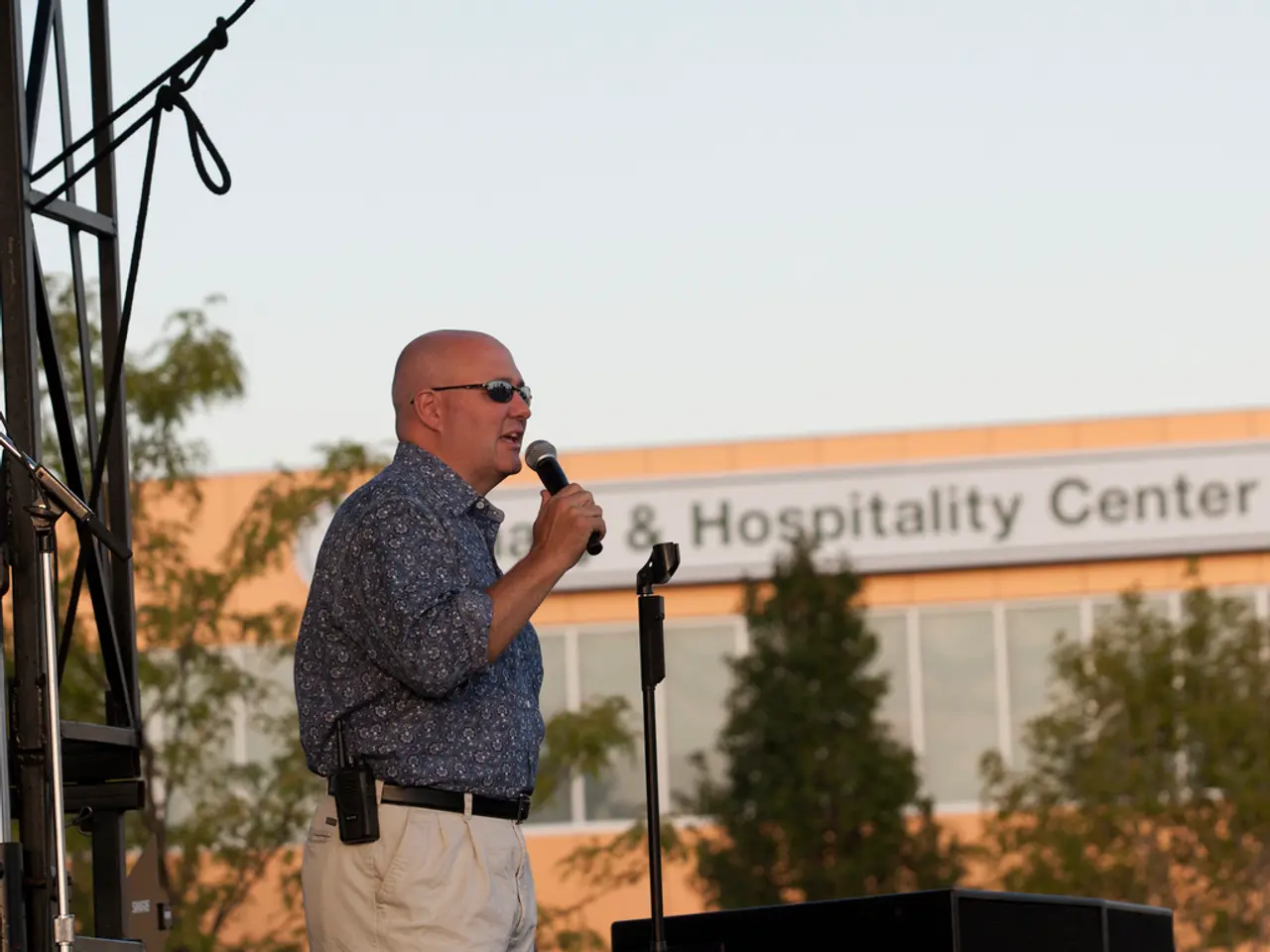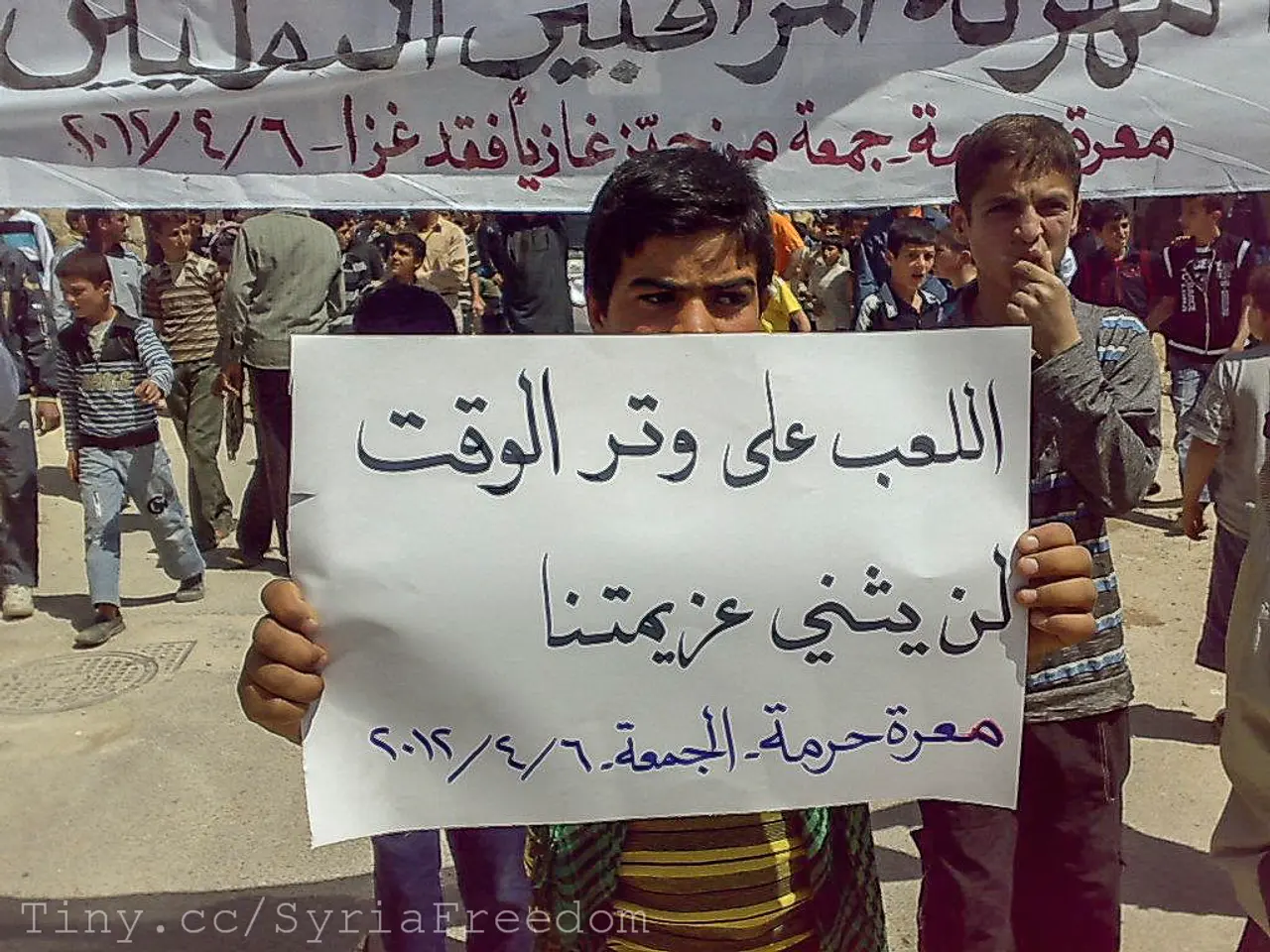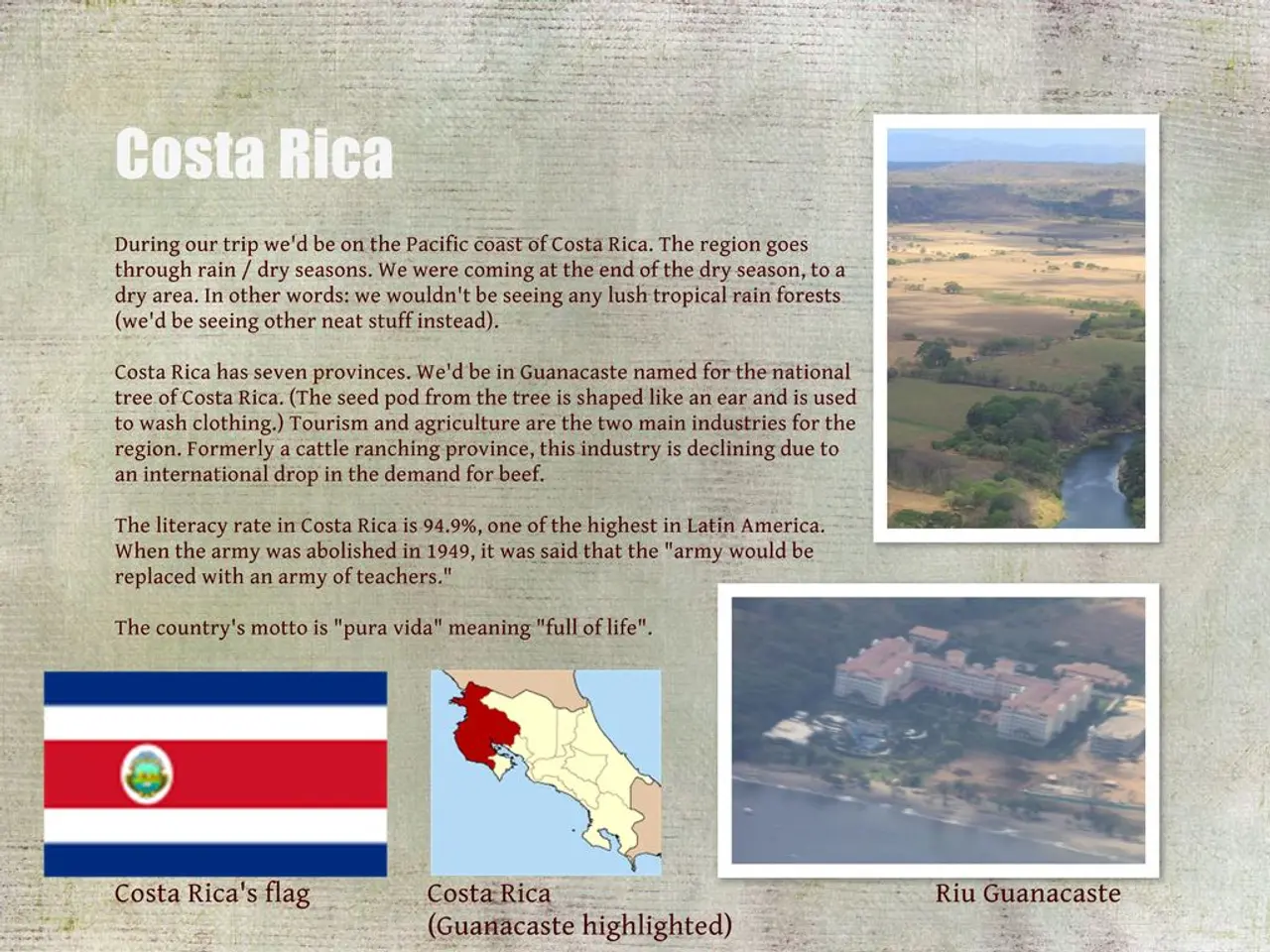Austrian Politicians Commence Third Government Attempt; Evangelicals Urge Politicians to Discard Selfish Behavior
In the aftermath of Austria's recent national election, the far-right Freedom Party (FPÖ) emerged as the largest party, securing almost 29% of the vote, displacing the traditional center-right People's Party (ÖVP). However, the formation of a stable government has proven elusive as coalition talks among the ÖVP, the center-left Social Democratic Party (SPÖ), and the liberal NEOS have collapsed or faltered [1][5].
This political deadlock has bolstered the Freedom Party's position, yet their attempts to form a government have been blocked so far, with interim Chancellor Schallenberg from the ÖVP currently in place [1]. The stalemate has raised significant concerns both domestically and within the European Union, given FPÖ leader Herbert Kickl's far-right, anti-immigration stance and close ideological ties to Hungary’s Viktor Orban [4][1].
The failure of the centrist parties to unite against the right-wing FPÖ suggests a fragmented political landscape prone to instability [1]. The rising influence of the FPÖ has led to the possibility of Austria's first far-right-led government since World War II, though forming such a government remains politically contentious and blocked for now [1][4].
Meanwhile, Chancellor Christian Stocker of the ÖVP continues to seek cooperation with other European center-right leaders on issues like immigration, indicating efforts to maintain centrist governance [2]. In a recent statement, Oliver Stozek, general secretary of the Austria Evangelical Alliance (OEA), called for Christians to pray for a good government in Austria, emphasizing the role of Christians as unifiers and peacemakers [3].
Stozek expressed doubt that an expert or transitional government would provide the necessary impetus to address the country's problems, and he criticized some politicians for being unable to think outside their own ideological box and find solutions for the country [3]. He saw the failure of the coalition talks as a reflection of increasing polarization in society, where everyone insists on maximum positions and ignores points of view and facts that do not fit their worldview [3].
As the situation remains fluid, the broad implications for Austria’s domestic policies and its position within the EU are significant [1][4]. The prospects for the centrist parties remain uncertain, with the nationalist populists calling for a new election and criticizing the 'coalition of losers' [1].
Sources: [1] The Guardian [2] Politico [3] Evangelical Focus [4] Reuters [5] Deutsche Welle
- The stalemate in Austria's policy-and-legislation, due to the political deadlock, has sparked concerns within the European Union, given the Freedom Party's (FPÖ) far-right, anti-immigration stance and close ties with Hungary’s Viktor Orban.
- The failure of the centrist parties to cooperate and form a government has led to discussions about Austria's general-news, with the possibility of the country's first far-right-led government since World War II, yet the formation remains politically contentious.






